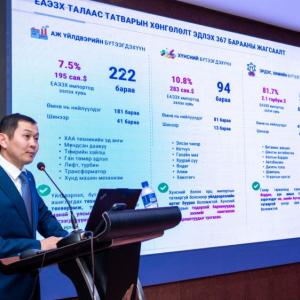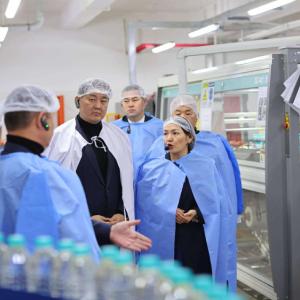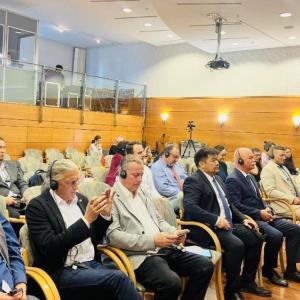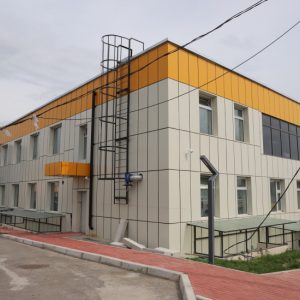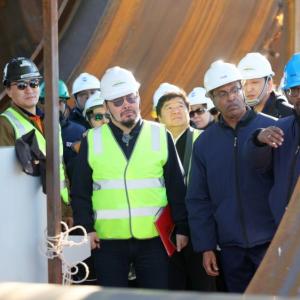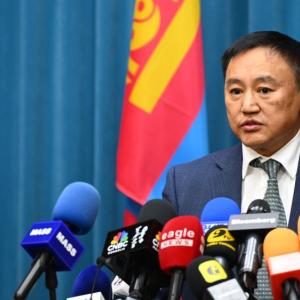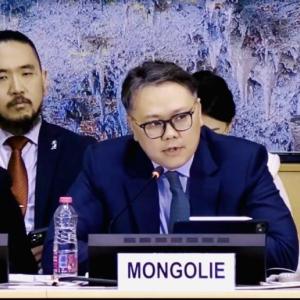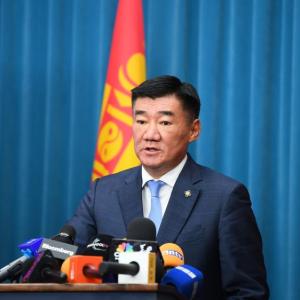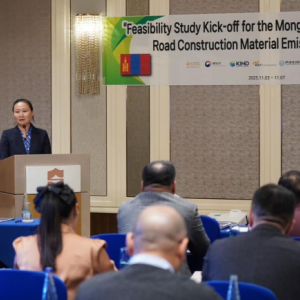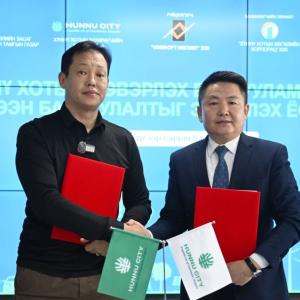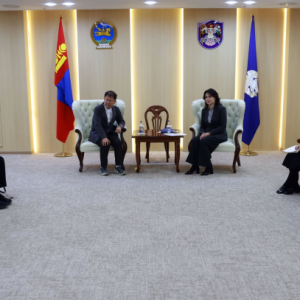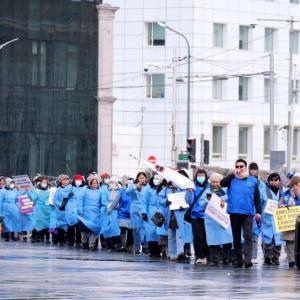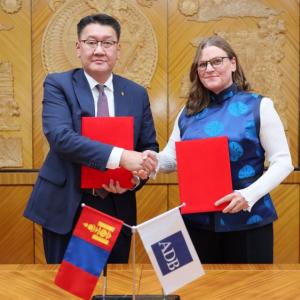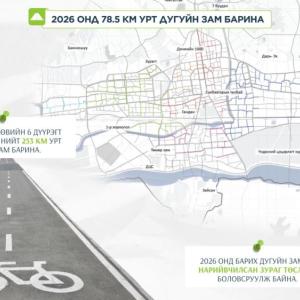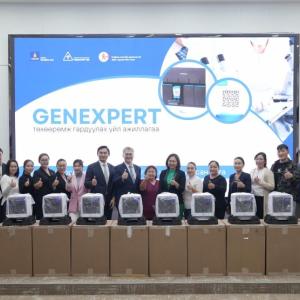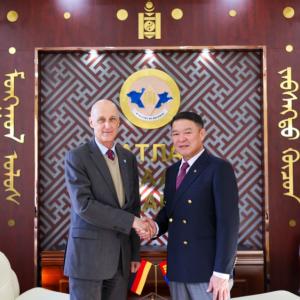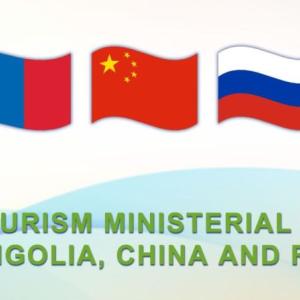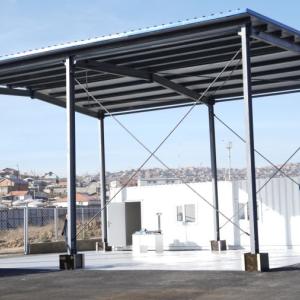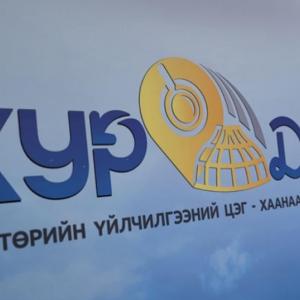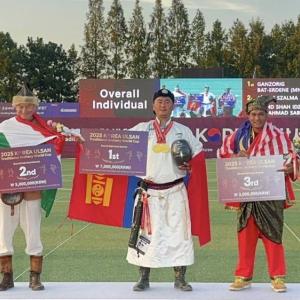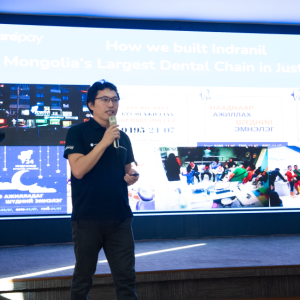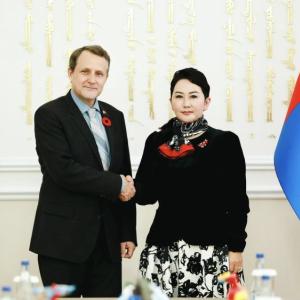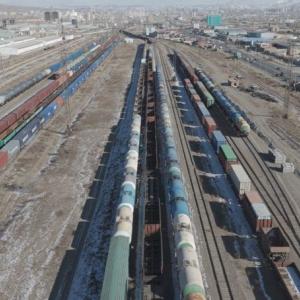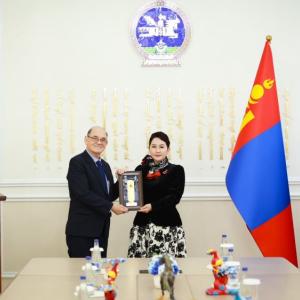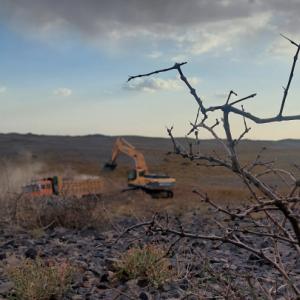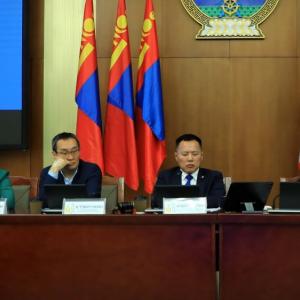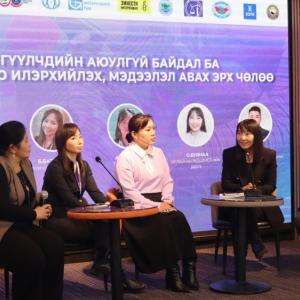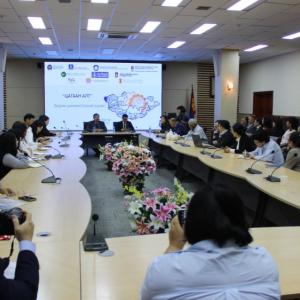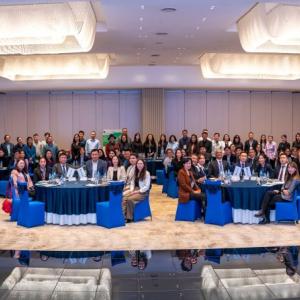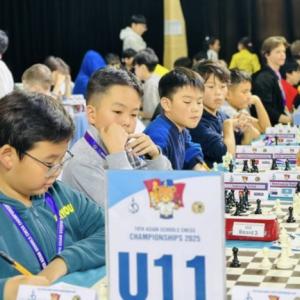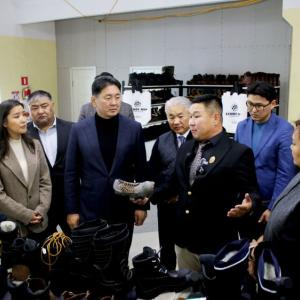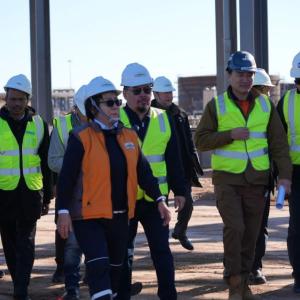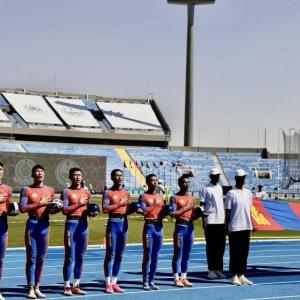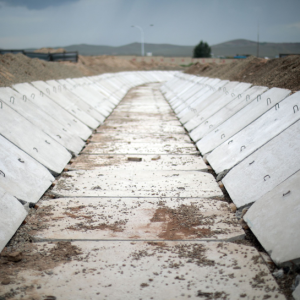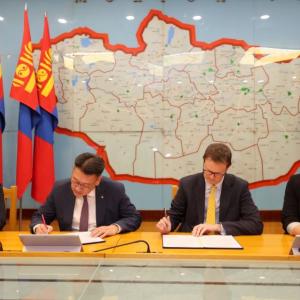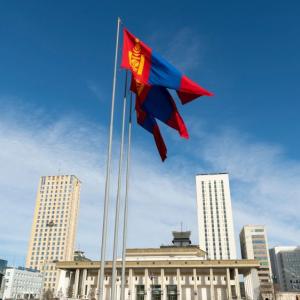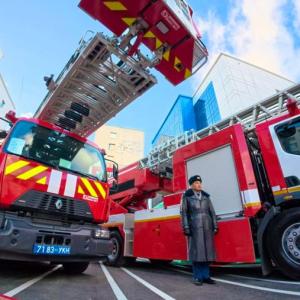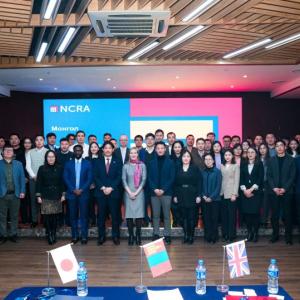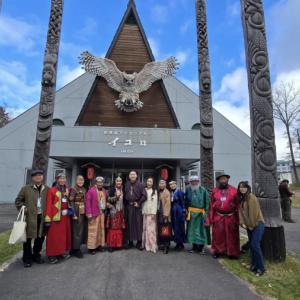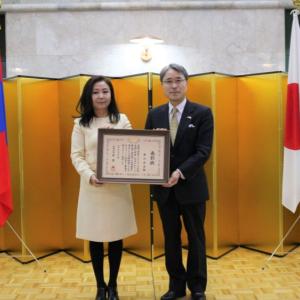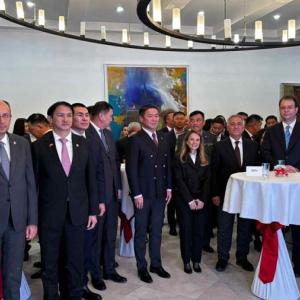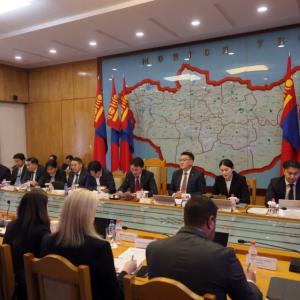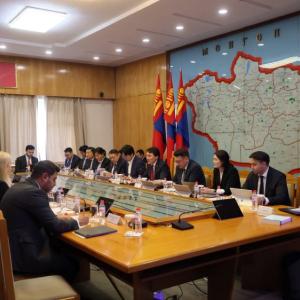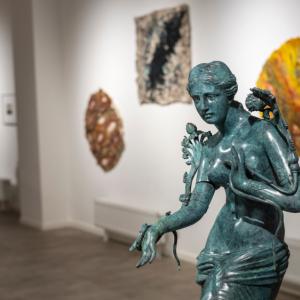"Park's Mongolia trip aims to bolster trade, business cooperation"
PoliticsUlaanbaatar /MONTSAME/ President Park Geun-hye's visit to Mongolia this week is aimed at bolstering bilateral trade, investment and cooperation in health care, culture, infrastructure development, renewable energy and other areas, her office Cheong Wa Dae said Tuesday.
Park will embark on a five-day trip to the Mongolian capital of Ulaanbaatar on Thursday to attend the Asia-Europe Meeting (ASEM) summit and hold bilateral talks with her Mongolian counterpart Tsakhia Elbegdorj.
Kang Seog-hoon, the president's senior secretary for economic affairs, said that Mongolia with a population of 3 million is a "promising niche" market that offers new business opportunities for South Korea's small and medium-sized enterprises (SMEs).
"As Mongolia is rising as a small yet promising market amid the 'pro-Korea' sentiment there, it gives new opportunities for South Korean SMEs to make advances into it," Kang said during a press briefing.
He pointed out that the president's visit comes amid Mongolia's efforts to reduce its heavy economic reliance on China and Russia, and diversify trade routes towards a third country such as South Korea and Japan.
China is Mongolia's largest trading partner. According to 2015 records complied by the International Monetary Fund (IMF), Mongolia's exports to China accounted for 85 percent of the country's total outbound shipments. With no oil refineries in the country, Mongolia imported 91 percent of its oil from Russia in 2014.
South Korea is Mongolia's fourth largest trading partner. Last year, their trade volume reached $292 million.
During her trip, which was arranged on the invitation of the Mongolian leader, Park will be accompanied by a large delegation of business leaders from 109 South Korean firms, mostly SMEs, the presidential secretary explained.
Kang noted that her trip, in particular, will focus on supporting South Korean firms seeking to participate in Mongolia's infrastructure projects including various urban development schemes and those to expand electricity transmission networks.
The two leaders will also discuss ways to deepen cooperation in tackling climate change through the development of renewable energy sources and an anti-desertification program; and cooperation in telemedicine and electronic governance as well as cultural areas, reported Yonhap earlier this week.
 Ulaanbaatar
Ulaanbaatar











